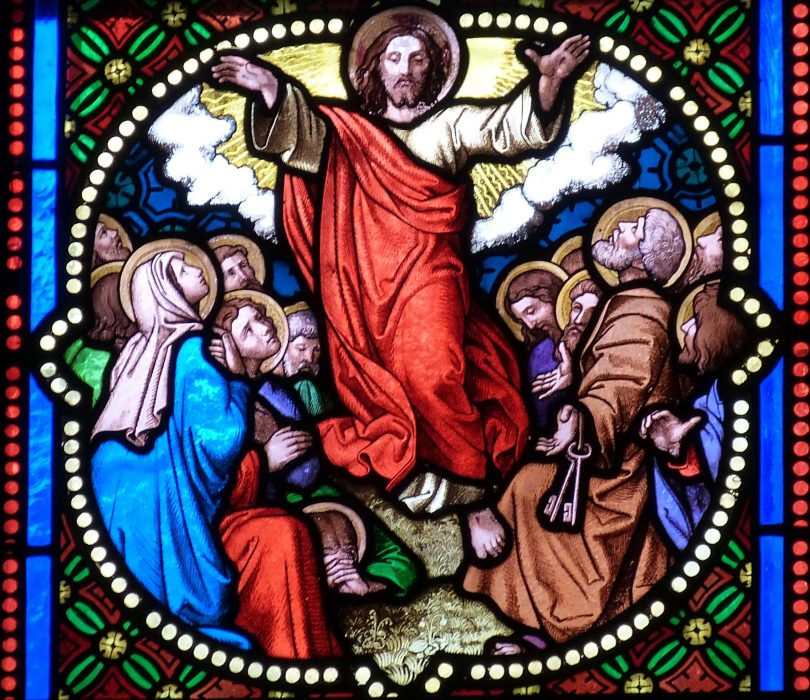Sixteenth Sunday after Pentecost
Testimony and Truth
We have all been through exercises in logic. Which came first, the chicken or the chicken egg? Waving a wand in the name of peaceful resolution, we may conclude a circle has no beginning. Peering behind the magic, we find similarities with the question Jesus asks: “Who do you say that I am?”
Which of these is more meaningful: who we say Jesus is, or who Jesus is? Does the reality of who Jesus is supersede our thought and testimony about Jesus? Or does what we say about Jesus define who Jesus is? Which came first, the testimony or the truth? We know who we are by the way the world reacts to us. Does the same apply to Jesus?
There is a natural tendency to seek out information in line with what we already believe. When Jesus runs an opinion poll, the disciples report that the public associates him with heroes of the faith—some named and some unnamed.
Peter’s confession that Jesus is the Messiah is profound! However, Peter has a distinct definition of what it means to be the Messiah. As it turns out, his testimony is getting in the way of truth. His mood changes when Jesus shares the first of three predictions of his passion. Peter is incredulous! What Peter is thinking about Jesus does not include the reality that Jesus will suffer, die, and on the third day rise again.
In its simplest form, Moravian theology defines Jesus as the redeemer. In its earliest creed, Christianity declares, “Jesus Christ is Lord.” Jesus challenges us to answer the question: “Who do you say that I am?” Your opinion counts. Jesus wants to know what you think of him. More important, Jesus wants you to know him.
Hopeton Clennon, pastor
Central Moravian Church, Bethlehem, Pennsylvania

